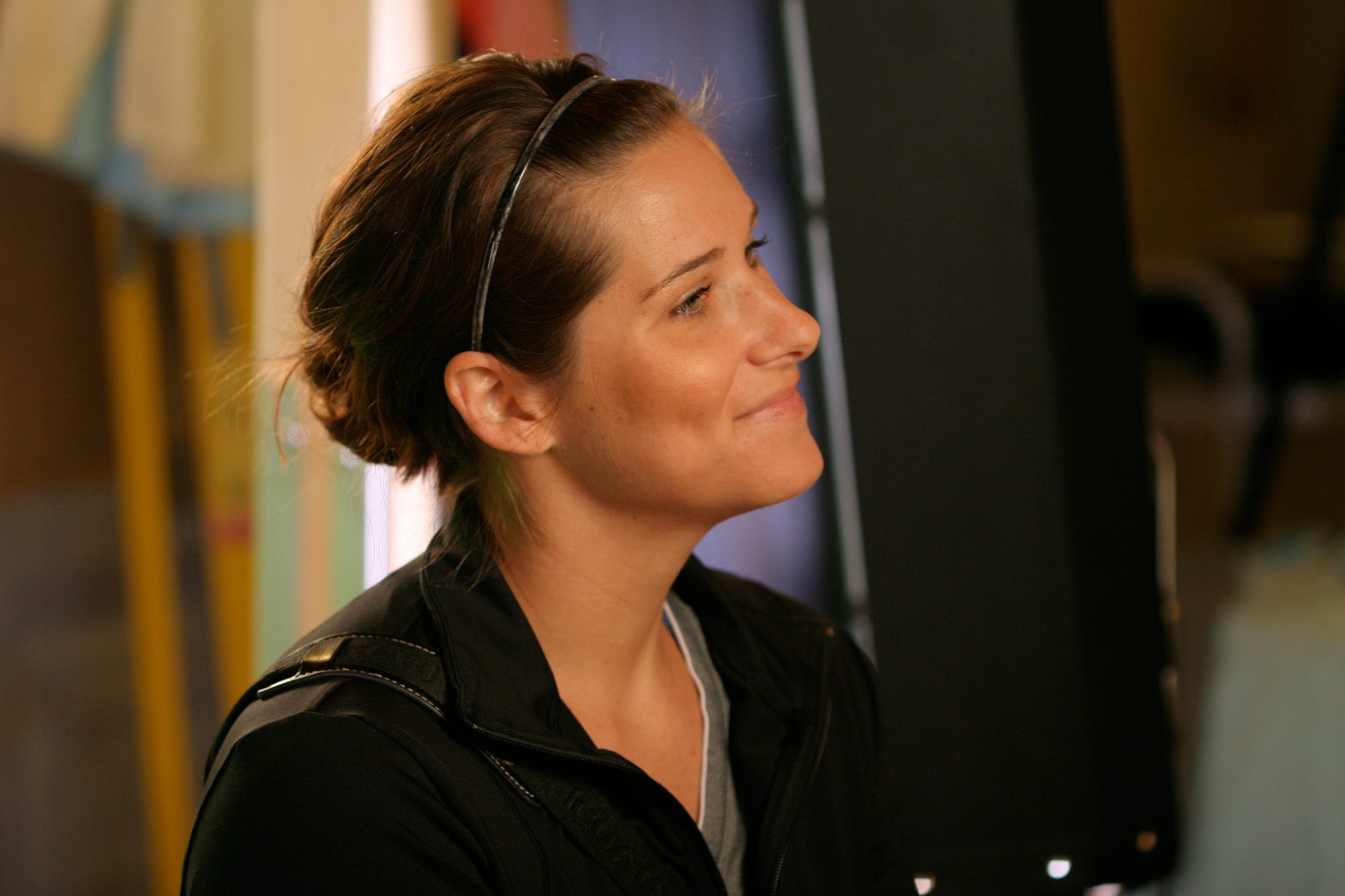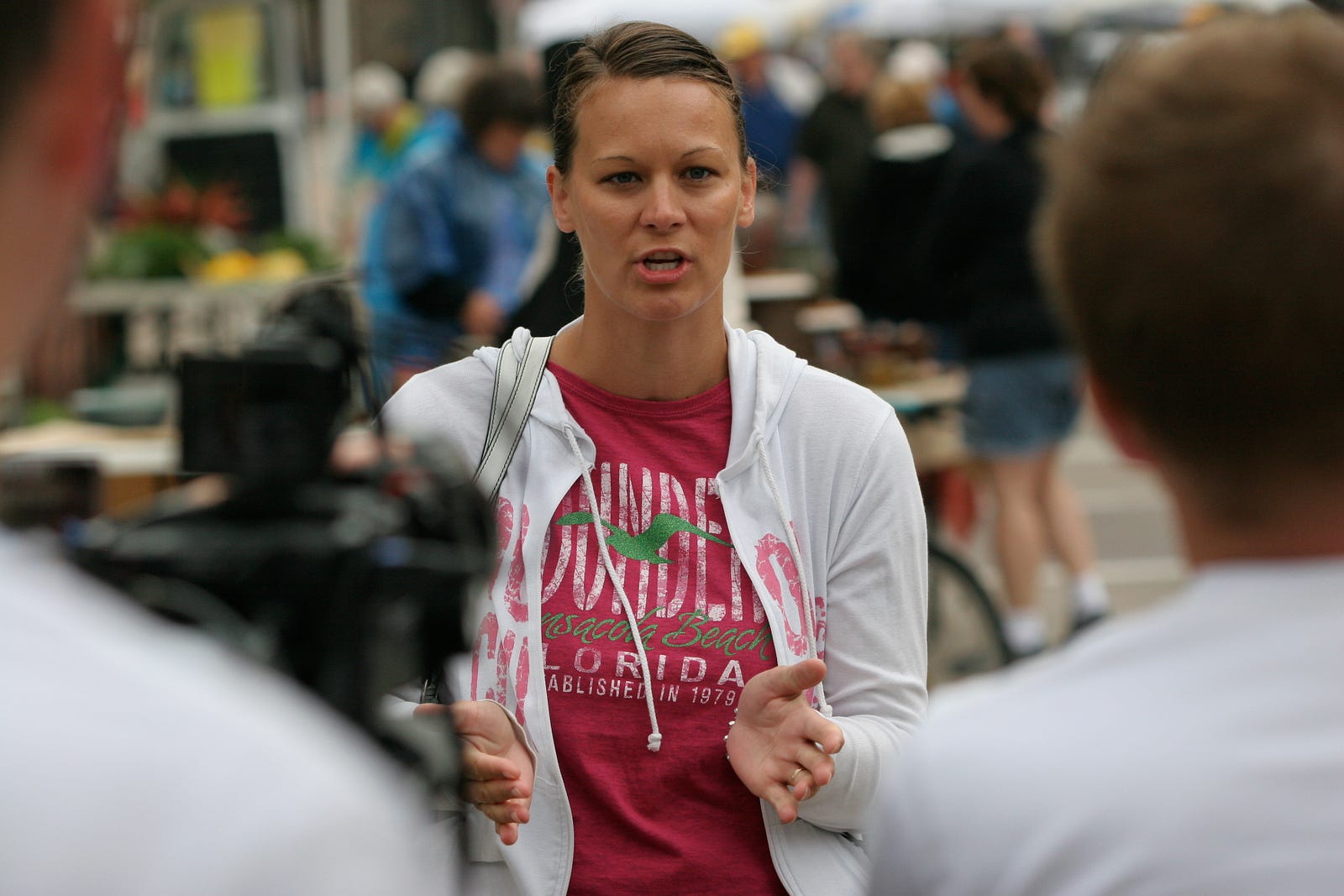

The Problem
Have you ever had a screaming match with a Starbucks barista? Torn your hair out on the phone with a Warby Parker representative? Spent days pouring over the intricacies of Netflix?
Probably not.
But health insurance is a different story.
The health insurance industry just hit a 10-year low on the American Customer Satisfaction Index, coming in lower than the airline industry, landline phone providers and the U.S. Postal Service.
Why? The answer’s pretty simple, according to Melanie Draheim, director of marketing at Network Health and a Millennial herself. “Health insurance as an industry is way behind in terms of customer experience,” she said. “And it’s because no one ever asks customers what they want.”
That’s a major problem for any industry, especially one that’s courting Millennials as they deal with new and complicated products. More Millennials know about Pajama Boy than could tell you what a formulary is.
But Network Health is changing that. And it has succeeded in doing so through an award-winning co-creation campaign that’s empowering Millennials all over its home state to help design new products and experiences in health insurance.

The Push
Founded over 30 years ago, Network Health partners with top health-care providers in Wisconsin to cover thousands of families and help local businesses manage their health-care costs and keep their employees healthy.
Leadership at Network Health realized that they, like most of their industry peers, were assuming far too much about what their customers wanted. They were designing customer experiences from the inside out, when what they needed was genuine input from, and authentic relationships with, their customers.
Something had to change. Especially with an expansion in the company’s products and services on the horizon.
So Network Health launched the CoCreate Wisconsin Movement. The goal was to get Network Health customers and noncustomers alike to share their ideas and work hand-in-hand with the company to improve the health-insurance experience from the outside in.
CoCreate Wisconsin visited markets where they didn’t even sell products to learn what Millennial customers needed
Thirty members of the CoCreate team embarked on a road trip to talk with Millennials across Wisconsin. Before they began, the team had no clue what they might find. Draheim wondered,
“Are people going to talk to us? Are they going to care? Do Millennials even care about health insurance?”
Turns out they do.
And the insight gained from 24 Wisconsin towns, four roadshows and two ideation labs — was transformational.
The first thing Draheim noticed was that the Millennials Network Health was speaking with had never been asked about their health insurance before. That’s when she knew the team was on to something.
“The Millennials we spoke with who weren’t our customers were saying ‘I wish my health insurance company would ask me what I think,’” Draheim said.
“So we drilled down and asked them more about their pain points: What can health plans do better? What would you like to see? What don’t you like?”

Three major themes quickly emerged.
1. 1:1 Communication: Too many companies assume Millennials want everything online. Hundreds of interactions on the CoCreate tour proved this assumption dead wrong. “It was the exact opposite,” Draheim said. Almost universally, Millennials wanted to talk with a real person right away who could answer their questions.
Network Health was already a leader in customer service in this regard. Instead of a lengthy touchtone menu, customers get a real person right away when they call. There was talk of switching to the former model as the company grew, but those plans were quickly discarded when results started streaming in from the CoCreate team.
2. Wellness: Something that came up again and again among Millennials was the fact that health plans send a lot of letters to customers telling them what to do to stay healthy. But companies never let the customer know when he or she is doing well.
Network Health began to rethink these communications as opportunities to better engage with their customers, rather than simply fulfilling a legal requirement. Now, “instead of having the angle of ‘you have to do this,’ we tell them what they did well, and that gives us the opportunity to pivot to other things,” Draheim said.
Network Health’s communications also became better integrated with the company’s wellness plan, which rewards customers for certain activities with up to $250 in gift cards. The CoCreate ideation labs added even more insight. “What we found was that our program was good but the online portal for it wasn’t interactive or easy to use,” Draheim said. “People were using the program but not engaged with it. So instead of sitting in a room guessing about what to change, we tested with customers and non-customers.
“That was a wake-up call, if you don’t ask how you can do better you’ll never improve, regardless of how painful it is.”
3. Mobile Access: Nearly 80 percent of Millennials spend over two hours a day on their smartphone. One in five Millennials don’t use a desktop to go online, relying solely on smartphones and tablets. But Network Health’s wellness portal wasn’t optimized for mobile. Over the course of a year, they revamped that online experience to be mobile-first. With the insights gained from CoCreate, Network Health also plans to develop a wellness app that customers can use to easily track their progress and submit information about their activities in real time.
CoCreate Wisconsin then gave Millennials a seat at the design table to turn insight into action — together.
The Payoff
By empowering people to share their ideas and design new products in conjunction with the company, Network Health is creating much-needed changes in an industry that couldn’t be more ripe for reform.
“Our brand promise is that we’re your trusted partner,” said Penny Ransom, chief administrative officer for Network Health. “And by listening to people from around the state about what we can do differently or perhaps haven’t thought of, and then actually implementing those ideas, is a way that we’re keeping that promise.”
The health insurance brand has experienced a 900% increase in digital growth and continues to exceed state and national customer satisfaction benchmarks. CoCreate Wisconsin was featured at the 2015 Insight Innovation Exchange Health Conference for its groundbreaking approach to consumer insight in the healthcare industry.
“I think it’s pretty common for other companies to have focus groups,” Ransom said. “But CoCreate is so much more. We’re not only listening, we’re actually doing something with what people tell us. As a provider, that’s something that sets us apart.”